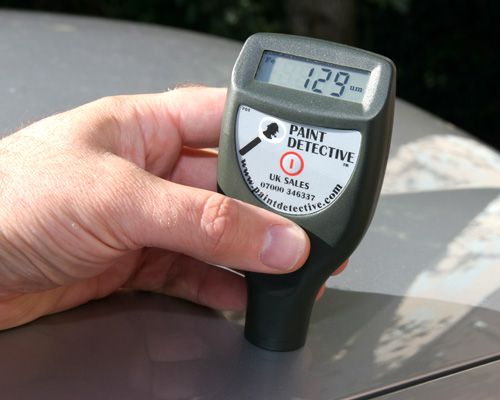Rod73
New member
- Sep 20, 2014
- 666
- 0
Hey guys I recently returned the Vktech CM8801FN because I gave up after numerous issues with calibration.
I'm about to buy the HighLine Meter 1st Generation Thickness Guage. My question is does anyone have experience using it? And so any regrets, do you think it will be a good investment? Things I may need to know? ... just making sure it's a good investment. Thanks everyone.
I'm about to buy the HighLine Meter 1st Generation Thickness Guage. My question is does anyone have experience using it? And so any regrets, do you think it will be a good investment? Things I may need to know? ... just making sure it's a good investment. Thanks everyone.
